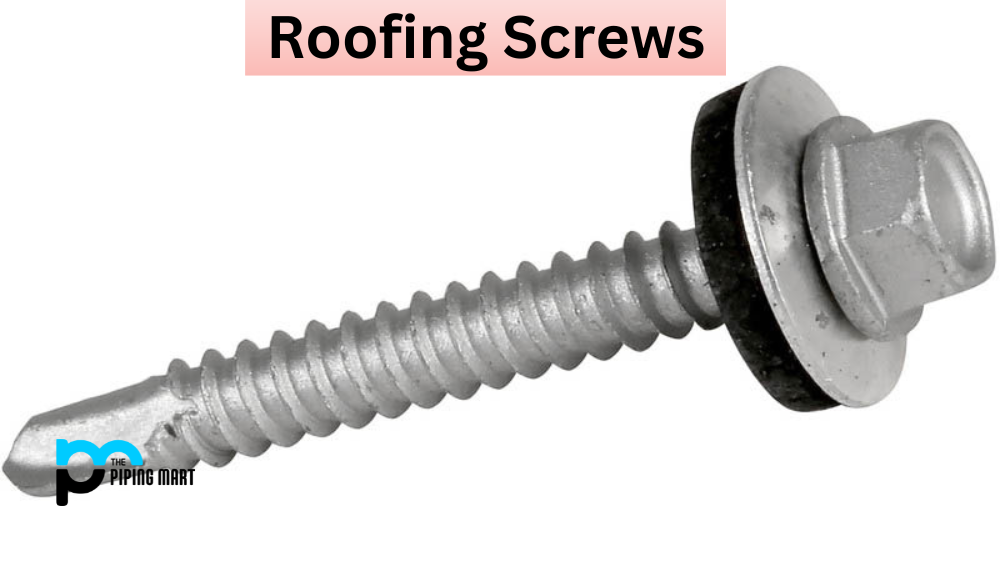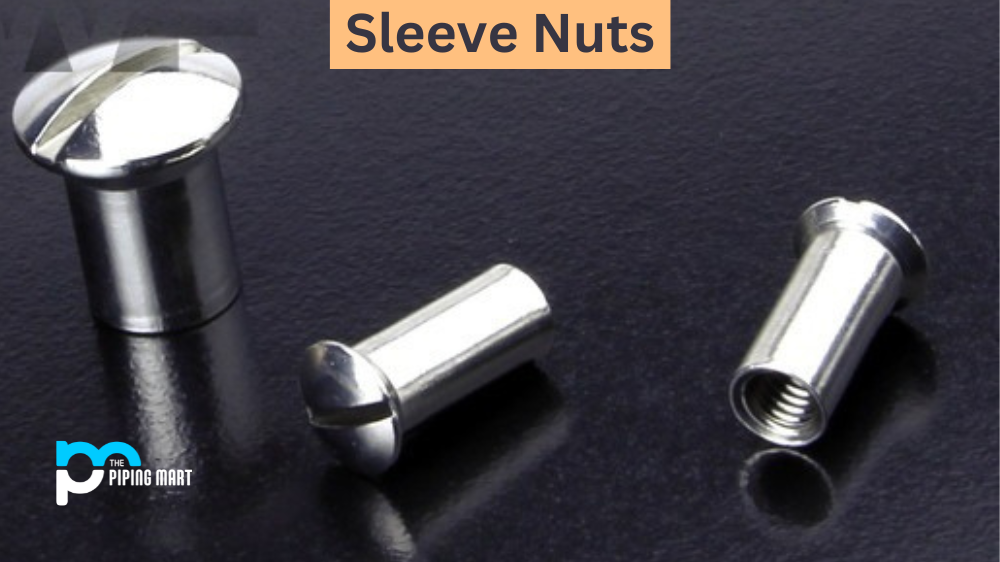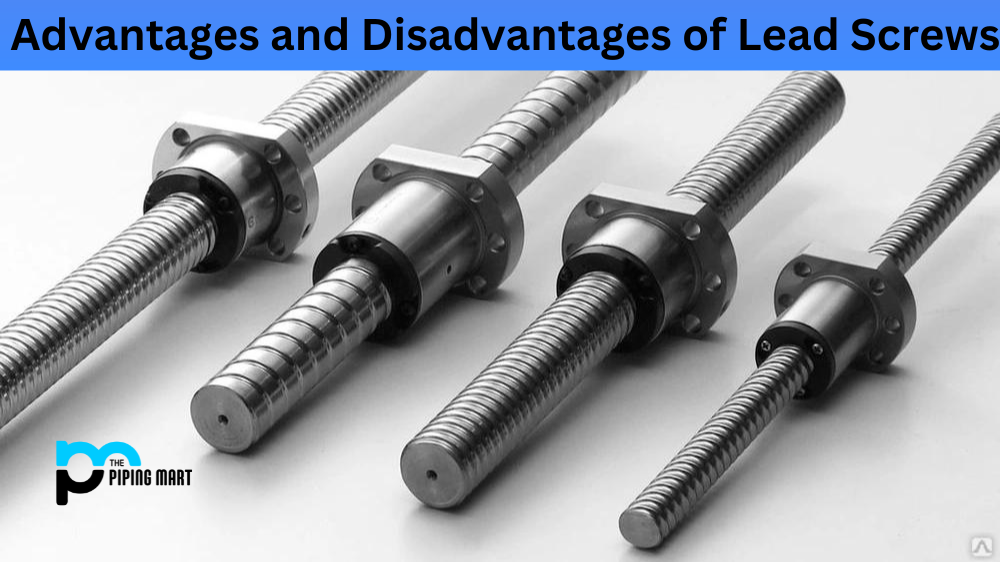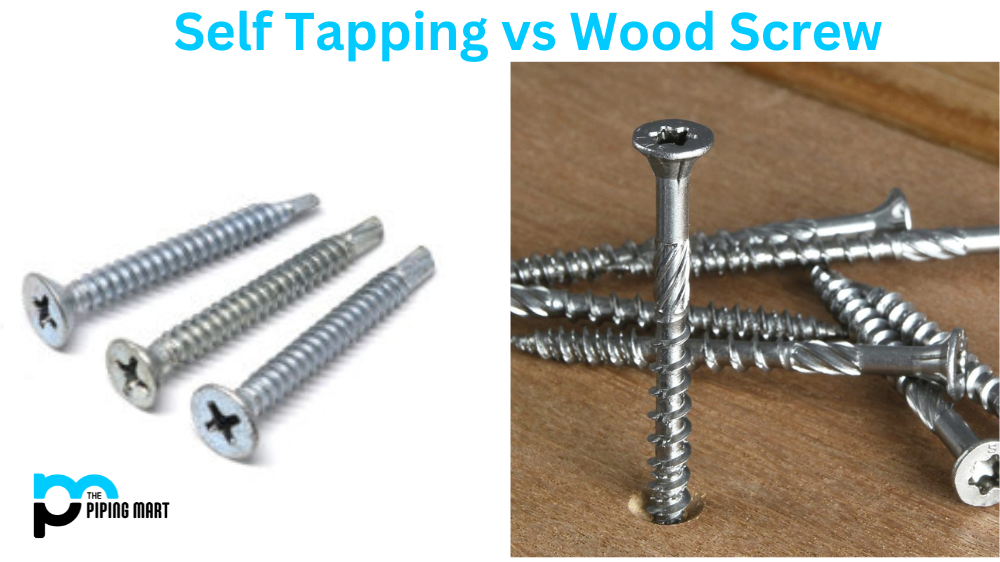Roofing screws are fasteners used to secure roofing materials, such as shingles and tiles. They are available in a variety of materials, sizes, and finishes, making them suitable for a range of roofing projects. In this blog post, we’ll provide an overview of roofing screws and their various uses.
What is Roofing screw?
Roofing screws sometimes referred to as roofing bolts, are an essential type of fastener used to attach roof sheathing and siding material to wooden structures. Unlike nails, these robust swiveling screws provide greater strength and stability when used to fasten materials like plywood sheathing that commonly require greater holding power. Additionally, they often come with zinc alloy or galvanized steel coating for extra protection against corrosion. When correctly used on the right kind of wooden structure, roofing screws can provide reliable support for even the heaviest types of shingles and siding materials.
Roofing Screw Types
Roofing screws come in a variety of types to meet different construction needs. The most common types include self-drilling, self-tapping, stainless steel, galvanized steel, ceramic-coated steel, plastic-coated steel, and aluminum. Each type has its own benefits and drawbacks that should be taken into consideration when selecting the right screw for the job. Self-drilling screws are designed with a sharp point that allows them to be driven directly into the material without pre-drilling. Self-tapping screws have a thread-cutting tip that generates its own threads as it drives the screw into the material. Stainless steel is corrosion-resistant and ideal for use in coastal climates where salt water exposure can corrode metal fasteners over time. Galvanized steel has been dipped in a zinc coating that protects it from rust and corrosion while also increasing its strength. Ceramic-coated screws provide superior corrosion protection with an additional layer of insulation for increased energy efficiency. Plastic-coated screws provide superior weather resistance but may require pre-drilling due to their softer construction material. Finally, aluminum is lightweight yet strong enough for metal fastener applications.
Roofing Screw Uses
Roofing screws have many uses when it comes to securing roof materials, including shingle installation, tile installation, flashing installation, and more. They can also be used for attaching ridge caps or other accessories like gutters or vents onto your roof structure securely. The type of screw you choose will depend on the material you’re working with as well as the environment they’ll be exposed to (e.g., coastal climates). When selecting the right screw for your application, it’s important to consider factors like material type (e.g., wood or metal), climate conditions (e.g., wet/dry/humid areas), and whether you need extra corrosion protection due to salty air or chemical exposure (elements known to accelerate fastener degradation).
Conclusion:
In conclusion, there are plenty of types of roofing screws available on the market today—each offering different benefits depending on your specific project needs and the environmental conditions they’ll be exposed to once installed on your roof structure or accessory item(s). Whether you need self-drilling or tapping screws; stainless steel; galvanized; ceramic coated; plastic coated; or aluminum—there is a perfect type available that can meet your specific needs! Make sure you select wisely based on factors such as material type (wood vs metal), climate conditions (wet/dry/humid) & whether extra corrosion protection from salt air & chemicals is needed before purchasing any roofing screws for your next project!

A passionate metal industry expert and blogger. With over 5 years of experience in the field, Palak brings a wealth of knowledge and insight to her writing. Whether discussing the latest trends in the metal industry or sharing tips, she is dedicated to helping others succeed in the metal industry.




